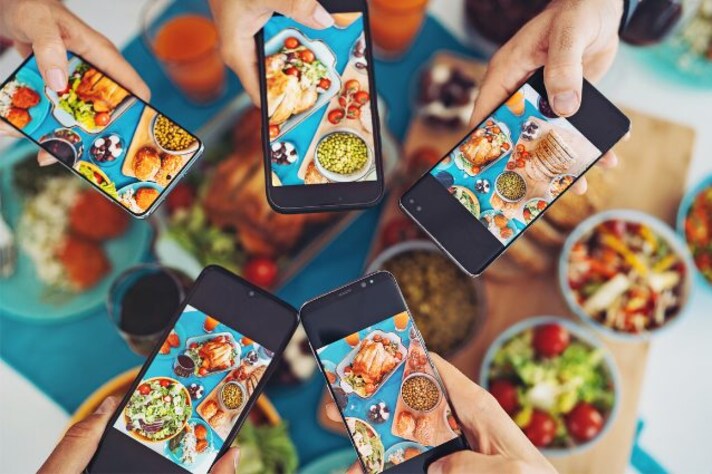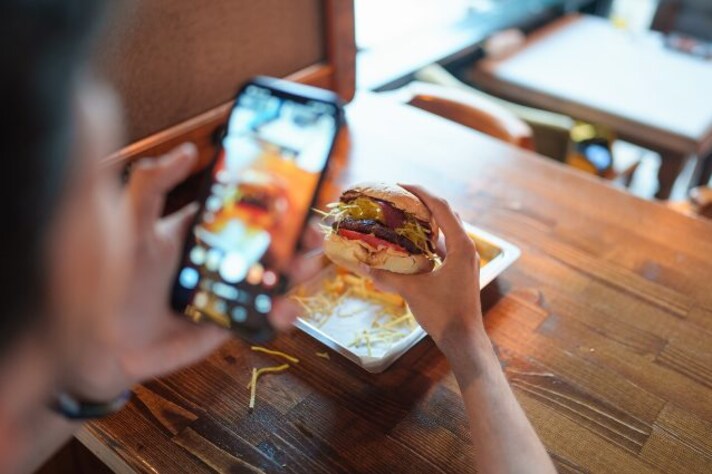
In today's digital age, the culinary world is experiencing a transformation driven by social media influencers. These online personalities, with their vast followings, have become pivotal in shaping dining trends and consumer choices. But do their endorsements genuinely translate into increased revenue and prominence for food brands and restaurants?
The Power of Influence
Recent studies highlight the significant impact of influencer marketing in the food industry. According to Influencer Marketing Hub, 61% of consumers trust influencer recommendations, surpassing the 38% who rely on brand-produced content. This trust often leads to heightened engagement and sales, as followers are more inclined to try products endorsed by personalities they admire.
Case Study: Crumbl Cookies' Sweet Success
Crumbl Cookies exemplifies the potency of influencer-driven marketing. Since its inception in 2017, the brand has expanded to over 1,000 locations, a growth attributed not just to its product but to strategic social media engagement. By leveraging platforms like TikTok, Crumbl creates buzz around its rotating menu, prompting consumers to share their experiences online, thereby amplifying its reach.

From Obscurity to Fame: Easy Street Burgers
In Los Angeles, Easy Street Burgers witnessed a surge in popularity after TikTok influencer Keith Lee reviewed their offerings. His endorsement led to massive crowds and a notable increase in revenue, underscoring the direct effect an influencer can have on a restaurant's fortunes.
The Carboholic's Culinary Chronicles
Rachel Brotman, known as "The Carboholic," has played a significant role in promoting New York City eateries. With over 250,000 Instagram followers, her genuine and positive reviews have boosted visibility and business for several establishments. Brotman's approach of highlighting only high-quality, lovingly-made food has earned her the trust of both her audience and the restaurants she features.

The Need for Authenticity
While influencer partnerships can yield substantial benefits, authenticity remains crucial. Consumers are becoming increasingly skeptical of overt promotions. A report by The Wall Street Journal notes a rise in skepticism due to fake reviews and ad-cluttered search results, driving consumers to seek trustworthy information on platforms like Reddit. Therefore, collaborations that appear genuine and align with an influencer's usual content are more likely to resonate with audiences.
;Resize,width=767;)
